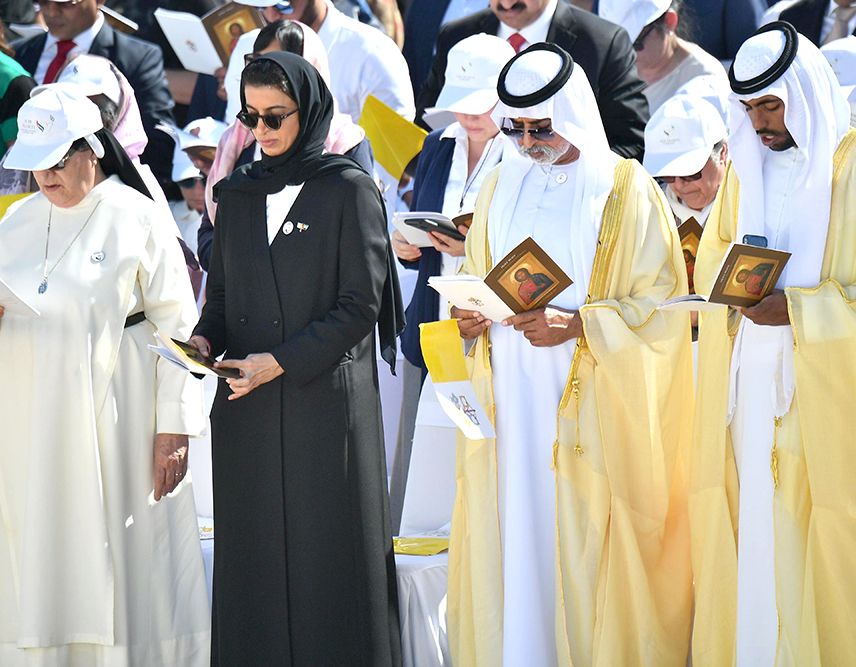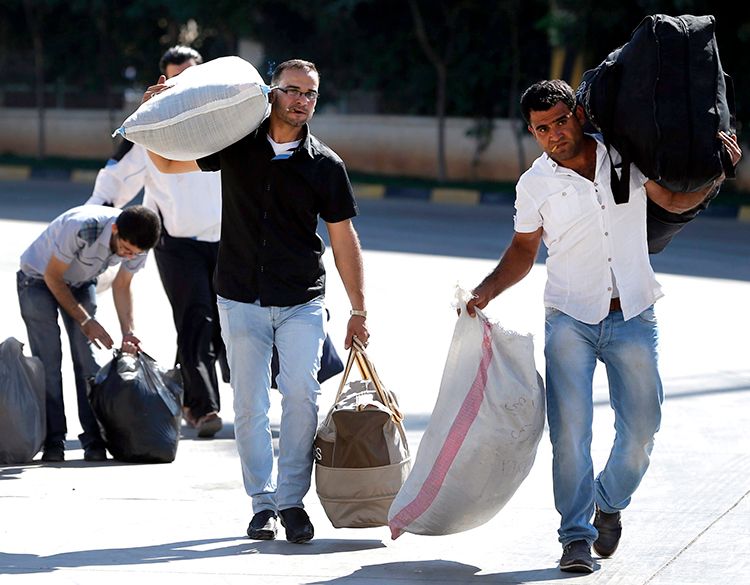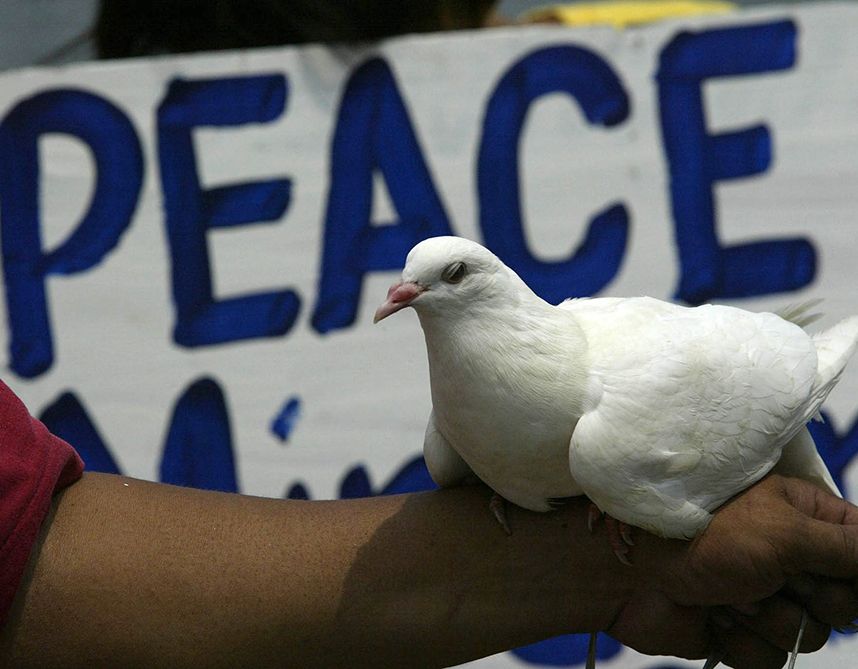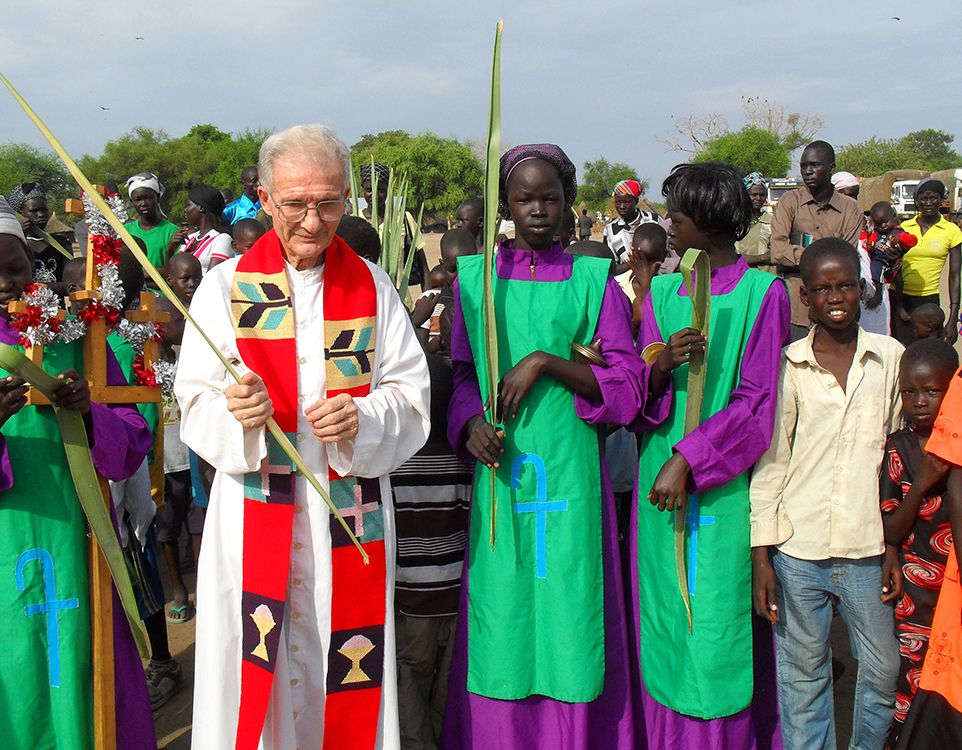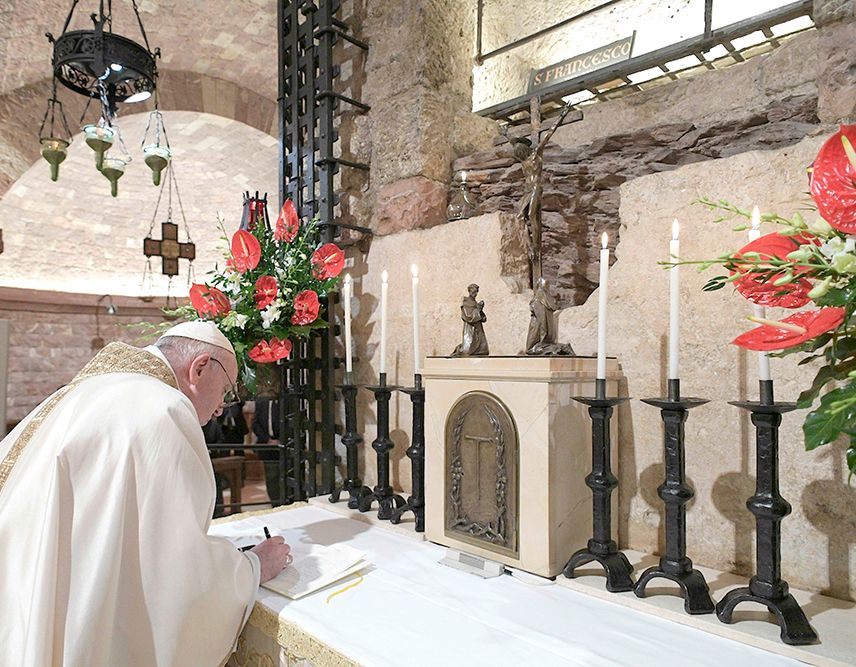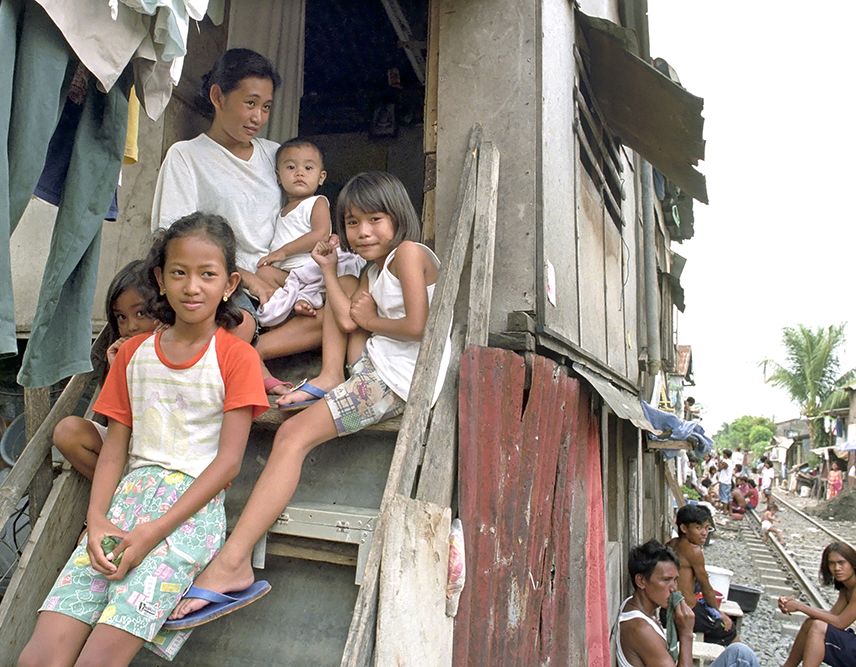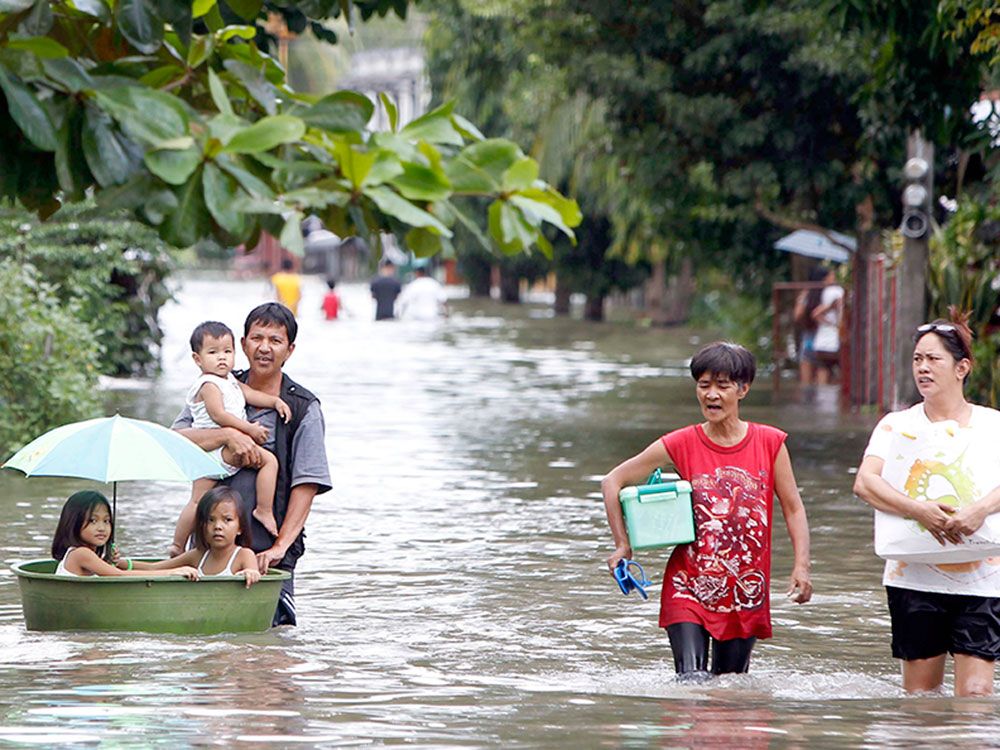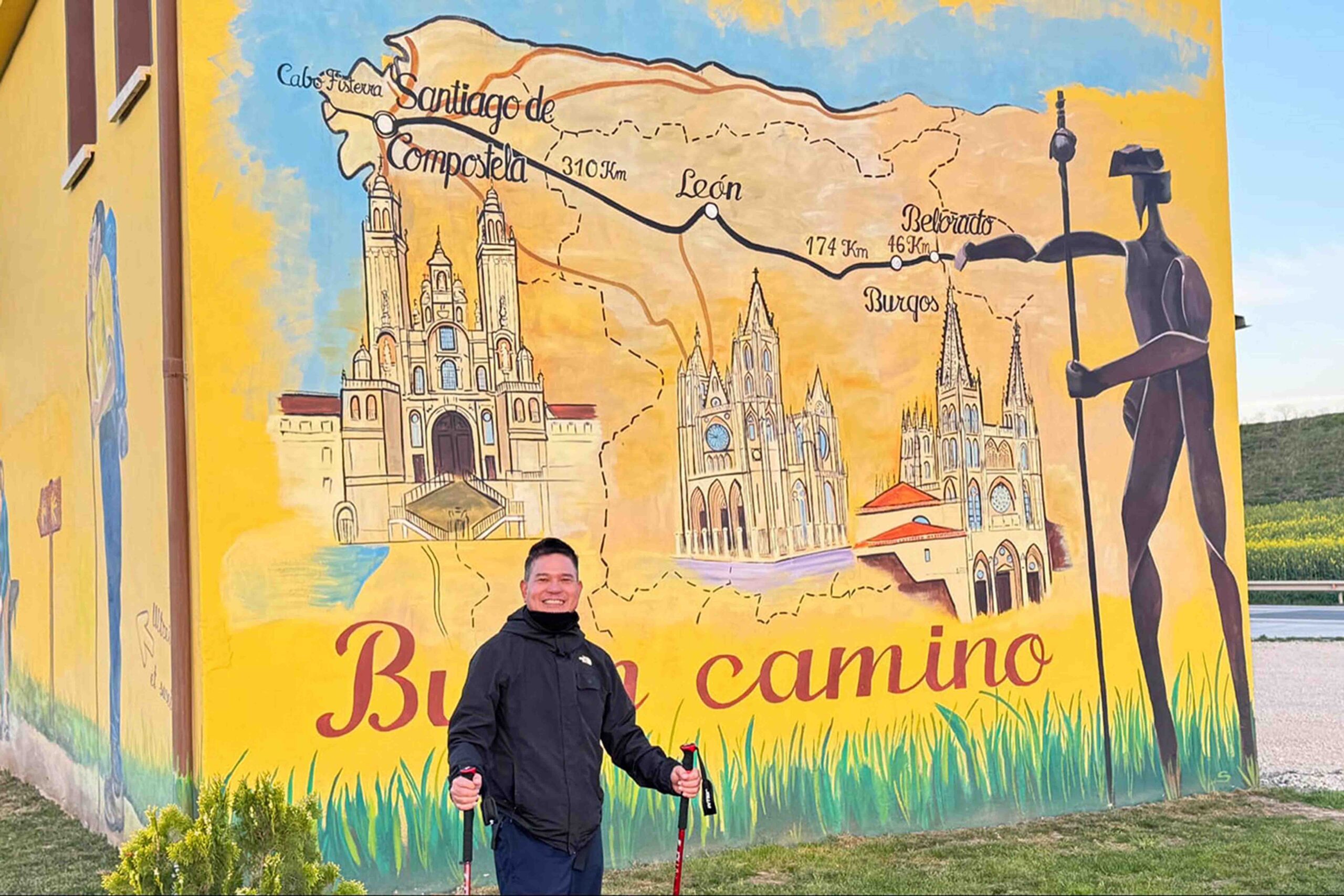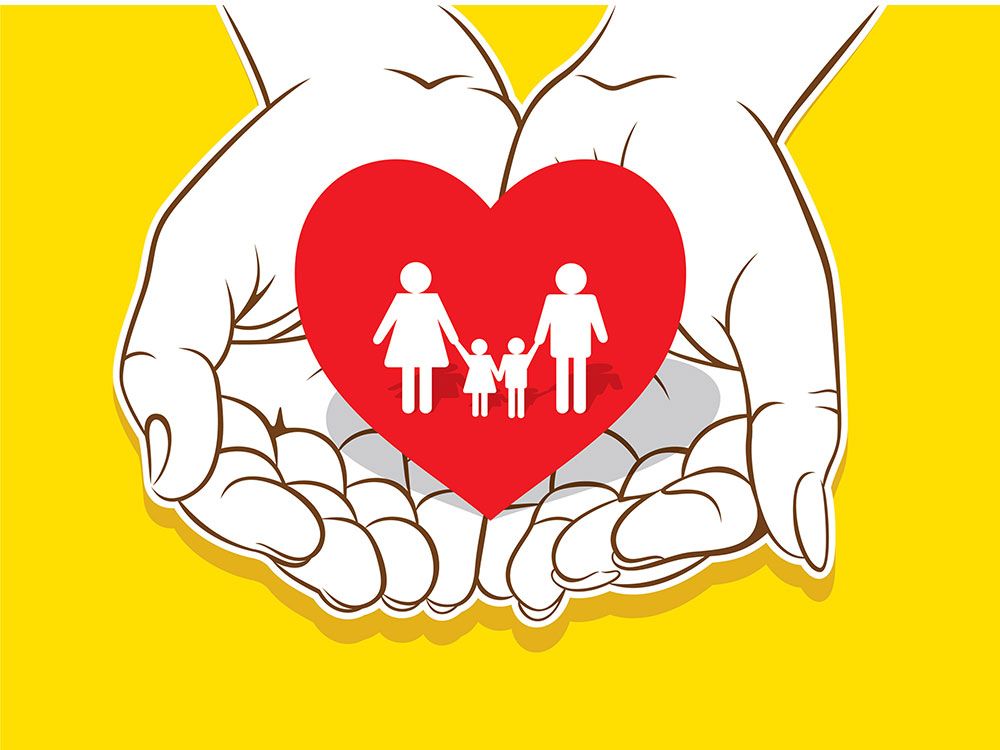Pope Francis’ pilgrimage to Kazakhstan to attend the Seventh Congress of World and Traditional Religions in September last year turned out to be like a cry for peace in the context of the Ukrainian war and worldwide tensions along lines of religion, culture, and ethnicity.
The very strenuous journey he undertook with his feeble health to converse with people of other religious faiths was a supreme expression of his profound conviction that religion is not the cause of conflict; rather, a source of unlimited energy to pour out one’s life in the cause of peace.
Two decades ago, Pope John Paul II had gone to Kazakhstan with the message “Love one another.” This longing for love and its fruit, peace, has only deepened over the years with increased instances of hatred and violence in the name of religious belief, ethnic pride, or cultural heritage.
In his message, Pope Francis explained, “I have come here as a pilgrim of peace, seeking dialogue and unity.” “The world needs to recover harmony,” he said. It is in this cause that religious believers must play an active role today. A genuine religious community is not an exclusive club of a privileged race and a superior people; it is a summons to unity.
The concept of religion itself is often misunderstood. Religion is an upward surge of the human heart to reach out to the Ultimate together with others. It was never understood as a lonesome venture, even by hermits. For, we belong together. We depend on each other. So if we were to fight against each other in the name of religion, it would make no meaning.
In fact, our personal faith would not be what it is without the edifying faith of other believers. Francis of Assisi was strengthened in his own Christian faith seeing the sturdiness of faith in Islamic society. It did not alienate him. So with Charles de Foucauld.
The Hindu faith is equally edifying. An ancient Indian prayed, “Oh men, direct your energies to promote the good of all mankind. Let your relations with all be characterized by love, peace, and harmony. Let your hearts beat in unison with human hearts” (Rig Veda 8, 49, 4).
We Are Mutually Dependent
We are mutually dependent in many other areas of life too. Today we recognize that our economies are interlocked. We may be slow to admit that ‘trade wars’ are suicidal, but they are. In the cultural world, we keep borrowing from each other continuously. In the world of philosophy, we profit from each other’s intuitions. In the area of science, those who learn from others most, benefit the most. To a true believer, it is evident. For “All people are a single nation” (Quran II).
The fact is that nature has distributed abilities, talents, skills, and insights in such a way, that what is meant for one is given to another to be discovered, appreciated, tapped, and generously shared. Every good thing ultimately turns to everyone’s benefit. When we begin to recognize this truth both in theory and practice, we will have an inclusive outlook; and we will have peace. “To be one with the world is wisdom” (Tirukkural).
We need to emphasize this because we notice certain exclusive attitudes today that make tensions mount: nation against nation, class against class, ethnic group against ethnic group, the majority against the minority, etc. The strong usually have their way. Hate words echo around the world.
In some places, religion is used to promote hatred and violence. “Violence is a suicide,” Mahatma Gandhi used to say. Hindu ancestors prayed in this manner, “Let us have concord with our own people, and concord with people who are strangers to us…May we unite in our minds, unite in our purposes, and not fight against the divine spirit within us” (Atharva Veda 7.52.1-2).
All Religions Promote Harmony
Love for others stands at the heart of all religious beliefs and ethical codes. Every religion has some way of saying that we ought to do to others what we would like others to do to us. This is a powerful message in an age of community clashes, ethnic conflicts, merciless competition, and intensive cultivation of self-interest.
The central teaching of Jesus was this, “Whatever you wish that men would do to you, do to them” (Matthew 7:12). Islam descends to details, “You shall speak to men good words” (Quran 2, 83). Jainism has a similar teaching: “A man should wander about treating all creatures as he himself would be treated” (Sutrakritanga 1.11.33). The Psalmist exclaimed, “How wonderful it is, how pleasant, for people to live together in harmony!” (Psalm 133:1).
All religions have taught peace, impartiality, fairness, and harmony. Hindu scriptures exhorted, “Meet together, speak together, let your minds be of one accord… May your counsel be common, your assembly common, common the mind, and the thoughts… Let your aims be common, and your hearts be of one accord, and all of you of one mind, so you may live well together” (Rig Veda 10.191.2-4). The Quran re-echoes similar sentiments at 49.10, and Jain teaches, “Consider the family of humankind one” (Jinasena, Adipurana). “Let all mankind be one sect,” advised Sikhism (Adi Granth, Japuji 28, M.1, p.6).
Economy Must Serve, Not Rule
We agree that the economy has its own importance. However, economic success cannot be made the ultimate goal in human affairs. It cannot be allowed to entice and enslave human beings, wipe out cultures, and ruin the environment. When people are evaluated only in market terms, when they are classified merely as ‘labor’ or evaluated solely in reference to the ‘market’, they become mere objects.
The economy, on the contrary, must have a human face. Only humane relationships will create an atmosphere conducive to peace. Confucius taught centuries ago, “A gentleman takes as much trouble to discover what is right as lesser men take to discover what will pay” (Analects IV, 16).
When people’s worth is calculated only in terms of their use to the economy, they become less than human beings and deprived of their dignity. The very foundational principles of this way of organizing one’s life must be rethought if peace has to find a place in the area of relationships between people of various levels of prosperity.
Pope Francis’ warning in Kazakhstan was, “As long as inequality and injustice continue to proliferate, there will be no end to viruses even worse than COVID: the viruses of hatred, violence, and terrorism”. Paul asks the Corinthians, “Would it not be better for you to be robbed? Instead you yourselves wrong one another and rob one another, even your brothers!” (1 Corinthians 5:7-9).
Atmosphere Conducive To Peace
All active agents in society must collaborate. Much depends on the media. The instruments of communication that have done so much good in the globalized world are today also being misused. It would be a tragedy if profiteering corporations and partisan political groups were to control the media, subjecting every field of human activity to serve their own interests. ‘Fake news’ and biased reporting can be used to plant prejudice in the minds of readers and inflame anger. Unfortunately, that is what is happening today.
As for the role of leaders, Confucius considered the confidence of the people extremely important for stability in society and the security of the nation than the use of weapons (Analects 12.7). Leaders should excel in civic virtues and in their concern for the common good. Their goals should not be GDP growth alone, but also social justice and environmental sustainability. All citizens should collaborate in this endeavor. When a ruler’s personal conduct is correct, his government is effective without the issuing of orders, says Analects 12, 5.
Peace is in the hands of alert citizens and conscientious believers. They can insist on responsible behavior from their elected members and decision-makers. Loss of credibility in institutions, e.g. in the judiciary, election officers, election processes, etc. leads to cynicism and inaction. In such situations, social criticism is a citizen’s duty, not merely his/her right. One engages in it not to hurt and humiliate, but to arouse a sense of responsibility in the leaders and fellow citizens alike.
The challenge Pope Francis threw out in Afghanistan was phrased in this manner, “A leap forward is required, and it needs to come from us,” he said. Our concern for each other holds the solution. It is precisely when a person is lost in his/her concern for others, that he/she has an intense feeling that he is loved and cared for! It is a moment of ecstasy! Peace comes when we grow convinced that we need each other and we give ourselves over to each other’s service.

